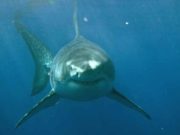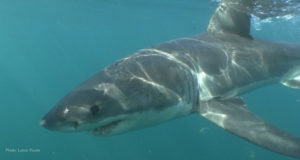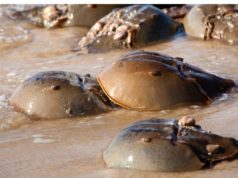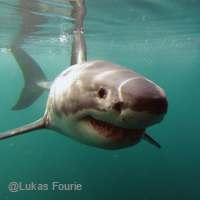Science
Why do stars twinkle ?
Stars twinkle. Planets shine steadily. Why?
Stars twinkle (scintillate) because they’re so far away from Earth that, even through large telescopes, they appear only...
Virga is rain that does not reach the ground
The word virga is derived from Latin meaning “twig” or “branch”.
We’ve all seen virga, but maybe not known what it’s called. Virga is...
The humble animal who saves the most human lives
Credit for ‘most lives saved’ must go to the Atlantic horseshoe crab Limulus polyphemus.
The American Horseshoe Crab is a unique and valuable marine...
Red Tide, Blue Tide: Bioluminescence in the Ocean
Red tides, which often contain harmful algal blooms , are caused by chemical reactions that occur between algae and other substances.
Red by day, blue...
Barnacles – Bravehearts of the surfzone
Billions upon billions of attached animals like barnacles, mussels and oysters owe their very lives to the sweep of the tides for the...
Marine Wildlife
Marine Tourism
Where did the Gansbaai sharks go?
Gansbaai is one of three great white shark cage diving hotspots in the world and the only location with all year round shark...
The Argonaut or the Paper Nautilus.
Amongst tidal debris there sometimes appears a thin papery shell, bearing on its white surface a ribbed pattern like that which shore currents...
Humpback Whale flippers solve helicopter air flow problems
We've all seen movies of humpback whales playing in the sea. The most obvious feature is a nice symmetrical tail slapping the water...
Is Climate Change Ruining Wine Corks?
Wine lovers might treasure the oaky, full-bodied taste of a cabernet sauvignon or the light and fruity aroma of a pinot grigio. But...
How do remoras stick to their host?
Remoras, also known as sharksuckers or suckerfish, are famous for their ability to hitch rides on larger fish and marine mammals by means...
















